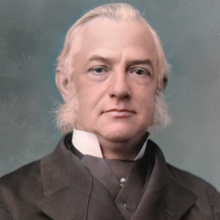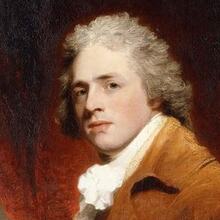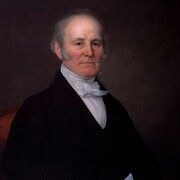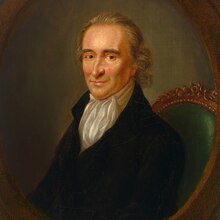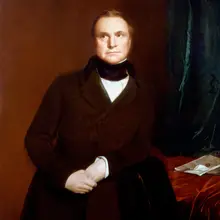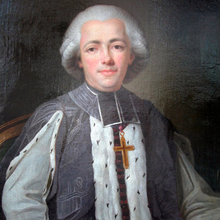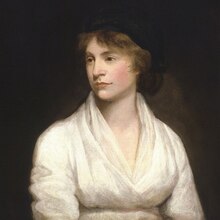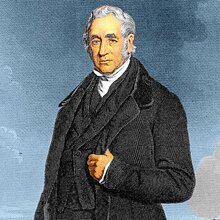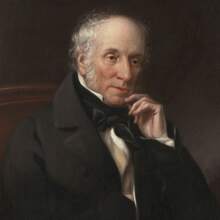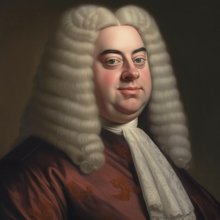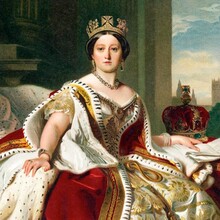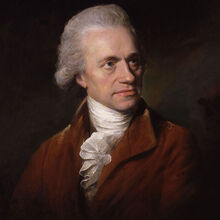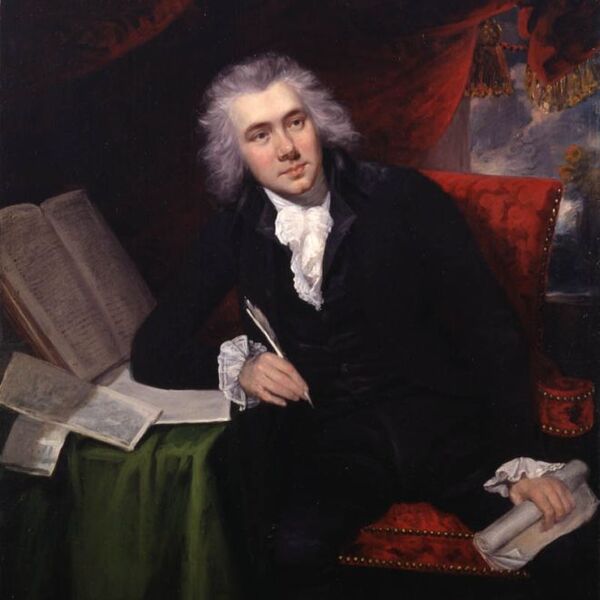
Personal
Other names:
Job / Known for:
Political activist and leader
Left traces:
Anti-slavery legislation and social reforms
Born
Date:
1759-08-24
Location:
GB
Kingston upon Hull, East Riding of Yorkshire
Died
Date:
1833-07-29 (aged 74)
Resting place:
GB
Death Cause:
Impairment of well-being
Family
Spouse:
Barbara Spooner (1797–1833)
Children:
William, Robert, Samuel, Henry, Barbara and Elizabeth Wilberforce
Parent(s):
Robert Wilberforce and Elizabeth Bird Wilberforce
QR Code:
 My QR code:
William Wilberforce
https://DearGone.com/10234
My QR code:
William Wilberforce
https://DearGone.com/10234
Key Ownner:
Not yet supported by key owner
Show More
Rank
Users ranking to :
Thanks, you rate star
Ranking
5.0
1
Fullname
William Wilberforce
Slogan
You may choose to look the other way but you can never say again that you did not know.
About me / Bio:
Show More
Article for William Wilberforce
Died profile like William Wilberforce
Comments:
